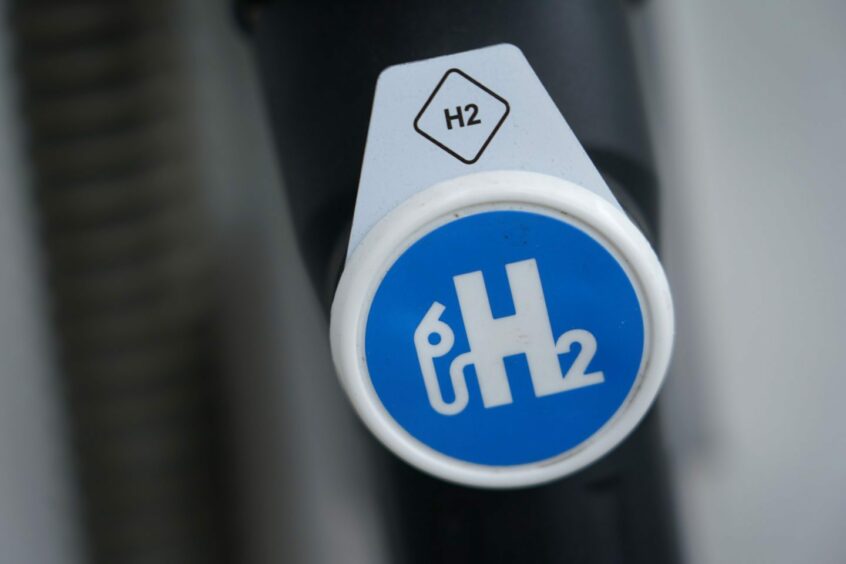
What came first: hydrogen supply or demand? This is a question that has had hydrogen industry scratching its head for quite some time.
Without demand, there is no incentive to produce hydrogen; without supply, there is no incentive to create demand.
And so herein lies the energy industry’s so-called chicken and egg problem.
Last week, Hydrogen UK hosted its first parliamentary reception where we heard from Sarah Jones, Minister for Industry who clearly and for the first time publicly underlined the critical role hydrogen will play in the future energy mix.
Most notably, she referenced that HAR1 contracts will be coming imminently – which was music to the industry’s ears.
But if we are going to realise our net-zero vision, it is not just progress on production that is needed.
We also need to focus on stimulating demand for hydrogen, supporting current users of fossil fuels and fossil fuel based products to switch to low carbon hydrogen.
Not only will this deliver decarbonisation but will also help to de-risk production enabling it to scale and reduce costs.
The chicken and the egg working in perfect harmony.
In the Hydrogen UK Manifesto, we set out the necessary policy framework for the government to follow as to ensure active deployment of hydrogen technology by 2030.
Power
Firstly, we need to set an ambitious target for hydrogen-to-power deployment by 2035, and what is needed to achieve clean power by 2030.
This target should clearly differentiate between retrofitted power stations as well as new facilities, aligning with the government’s goal to decarbonise the entirety of the UK electricity grid.
Having this defined target will drive investment and allow for innovation in hydrogen-to-power technologies.
Additionally, reforms to the capacity market through the Review of Electricity Market Arrangements (REMA) are essential to provide long-term support for hydrogen power stations.
Prioritising the development and deployment of “first-of-a-kind” hydrogen power stations will offer valuable insights and reduce risks for subsequent project.
More broadly speaking, this will also have an impact in accelerating the roll-out of wider hydrogen-to-power stations.
Industry
To avoid an imbalance with our largest trade partner, the EU, the UK must implement a carbon border adjustment mechanism (CBAM) as soon as possible.
Sufficient intervention is required to ensure that the UK emissions trading scheme provides a strong market signal for low-carbon industrial fuel switching.
Further support should be introduced to facilitate hydrogen offtake agreements, such as low-carbon industrial product certification, public procurement of products made with low-carbon fuels, and the use of carbon contracts for differences (CfDs).
These policies should support demand-side growth and remove barriers to deployment.
Mandates on low-carbon requirements for industry, alongside improvements to business models, will make it easier for industrial users to sign offtake agreements.
Capex funding also should be available to support first-mover industrial fuel switching to hydrogen, to help overcome high upfront costs as a barrier to broader adoption across the industry.
Lessons learned should be shared publicly to accelerate hydrogen deployment within the industry.
Typically, hydrogen is produced in large industrial clusters in the UK such as Teesside.
To avoid siloes, collaboration between industry and the development of hydrogen transport and storage infrastructure is essential to support industrial decarbonisation outside of these clusters.
Transport
The long-awaited low carbon fuels strategy should be published with a clear role articulated for hydrogen.
Hydrogen-fuelled vehicles and machinery should receive the same recognition and access to funding as other low-carbon technologies for transport decarbonisation.
Short-term measures are needed to accelerate the uptake of hydrogen-fuelled vehicles and machinery.
A heavy goods vehicle and bus infrastructure strategy should also be published, including a target of 50 hydrogen refuelling stations by 2035, underpinned by a strategic spatial plan.
Building on the Tees Valley project, regional hydrogen transport hubs should be developed across the UK, considering additional benefits such as multi-modal transport applications and wider industrial decarbonisation.
Hydrogen should be central to the update of the jet zero strategy, with a greater emphasis on the infrastructure needed to support commercial hydrogen-fuelled aviation.
By 2030, multiple domestic sustainable aviation fuels production projects should be deployed, with suitable mandates and revenue certainty mechanisms to ensure the UK captures its share of the global market.
Continued investment in research and development for hydrogen in aviation, including both fuels and propulsion equipment, is essential.
The clean maritime plan should be updated, integrating maritime into the UK Emissions Trading Scheme to drive the deployment of ships fuelled by hydrogen and hydrogen derivatives.
Jobs and skills
The UK has a unique opportunity to become a global leader in hydrogen.
Leveraging its advantageous geography, geology, a robust pipeline of hydrogen projects, a stable policy environment, and transferable skills from the North Sea.
Cross-sector, however, skills shortages are always identified as key barriers to the progression of hydrogen.
To overcome this, a formalised green jobs plan should be published, providing a roadmap to deliver a skilled and sufficiently sized workforce for hydrogen, as well as broader net-zero goals.
A voluntary ambition of 50% UK local content across the hydrogen value chain by 2030 should be set, and this is something that has been highlighted both in our manifesto and our recent supply chain report.
Targeted public sector finance should also be accelerated into UK supply chain companies, supporting them to secure the financing needed to scale.
Before the election, we highlighted how critical the first 100 days of this government would be.
We cannot rest on our laurels and take the progress we’ve made thus far or our naturally advantageous position for granted.
To truly seize this opportunity, and signal to investors that the UK is open for business, we must continue this critical work, at pace.
Hydrogen UK is looking forward to collaborating with Chris Stark and the mission control team, the Department for Business and Trade (DBT) on industrial decarbonisation and supporting new jobs and skills initiatives.
These partnerships are essential to driving forward our ambitious agenda, ensuring sustainable economic growth for the UK, ultimately to overcome the industry’s chicken and egg issue.
Recommended for you

 © Supplied by Hydrogen UK
© Supplied by Hydrogen UK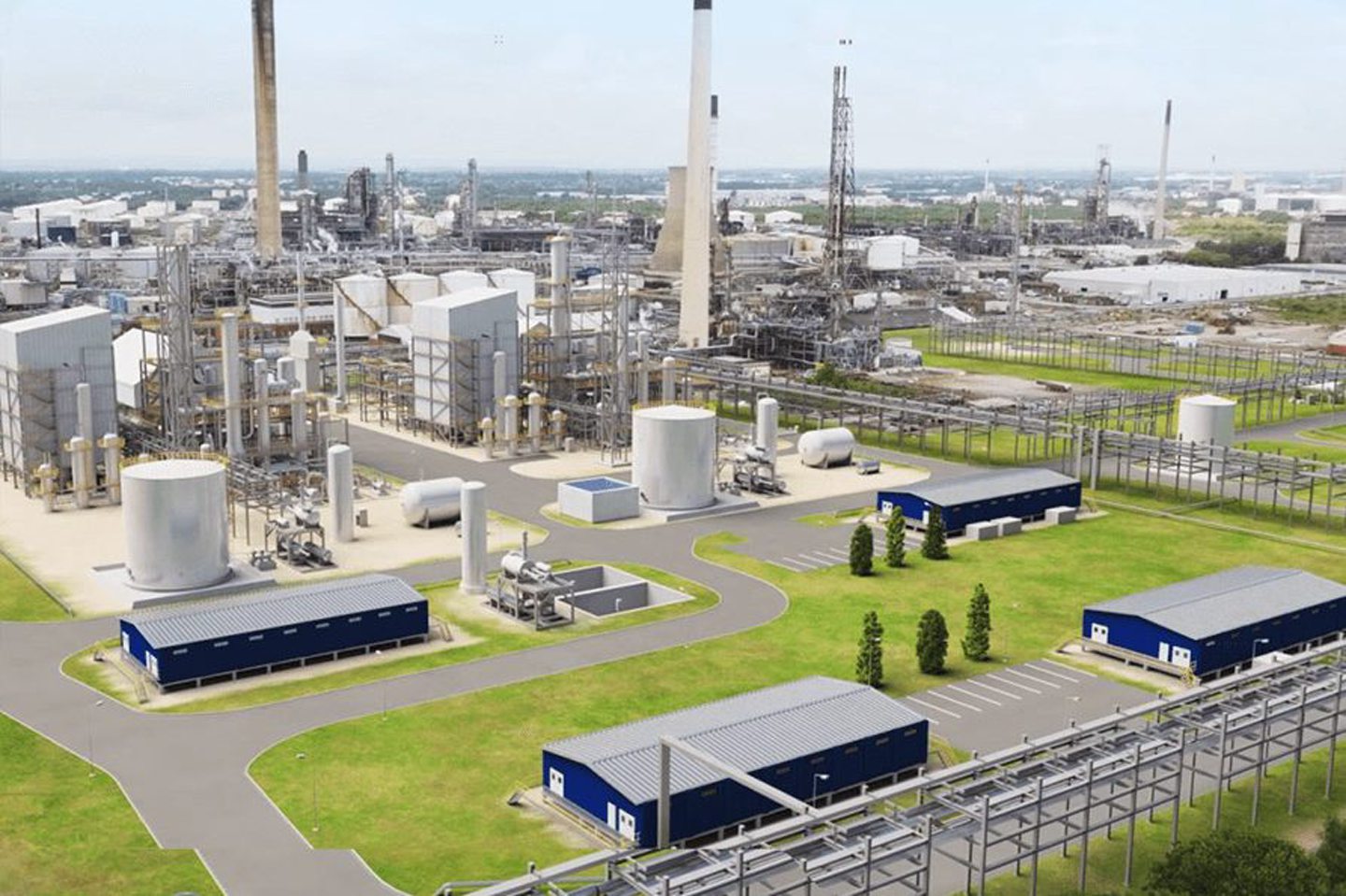 © Supplied by EET Hydrogen
© Supplied by EET Hydrogen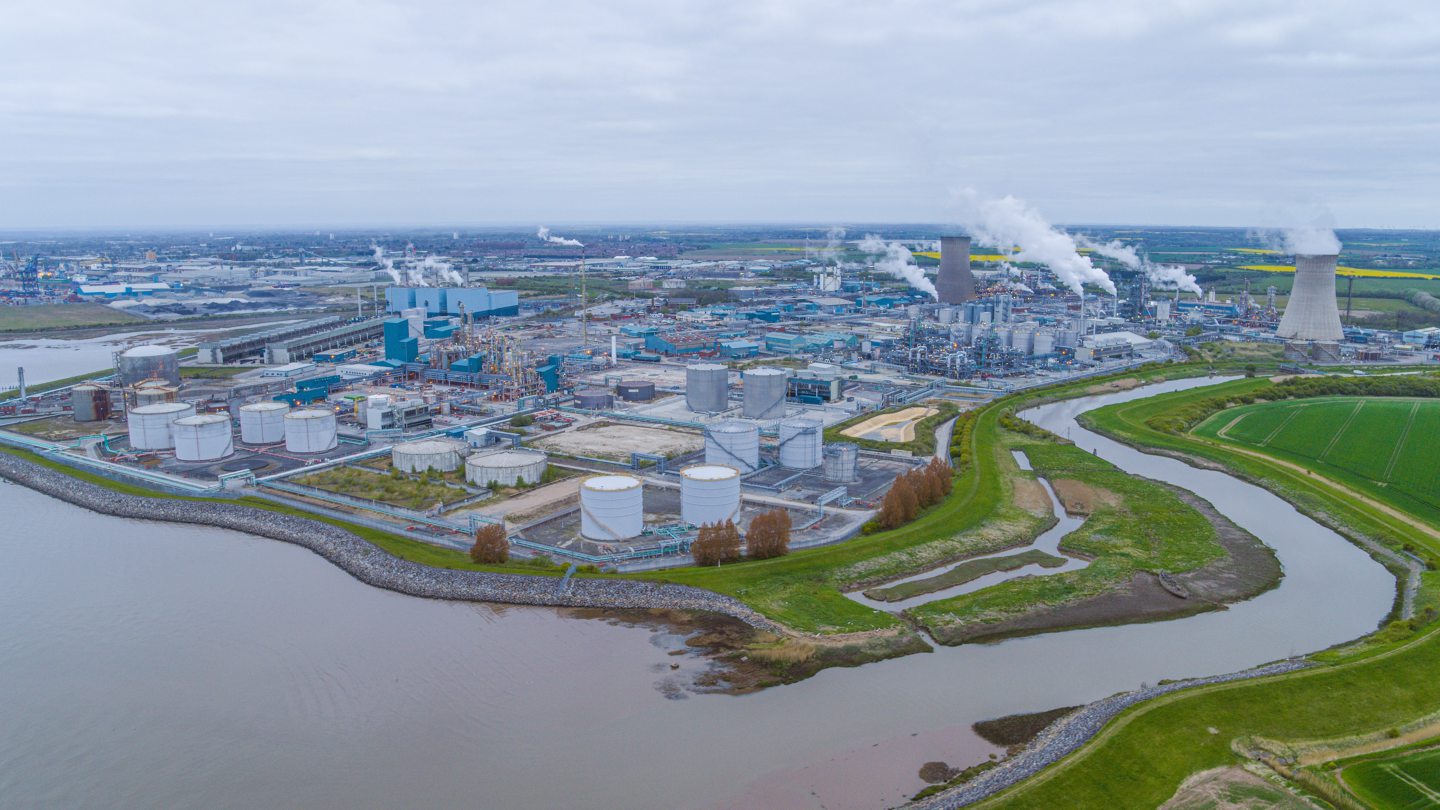 © Supplied by Equinor
© Supplied by Equinor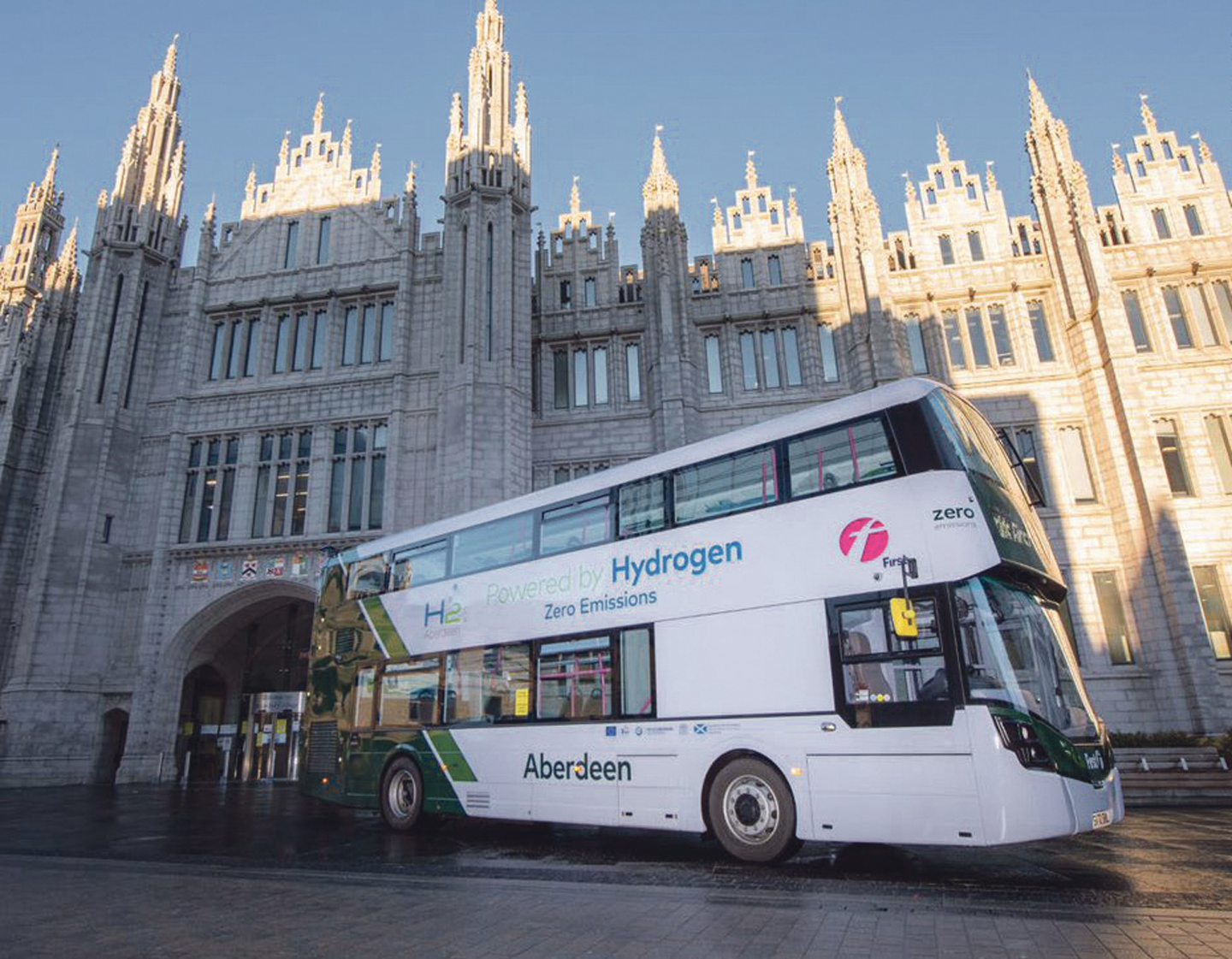 © Supplied by Aberdeenshire Council
© Supplied by Aberdeenshire Council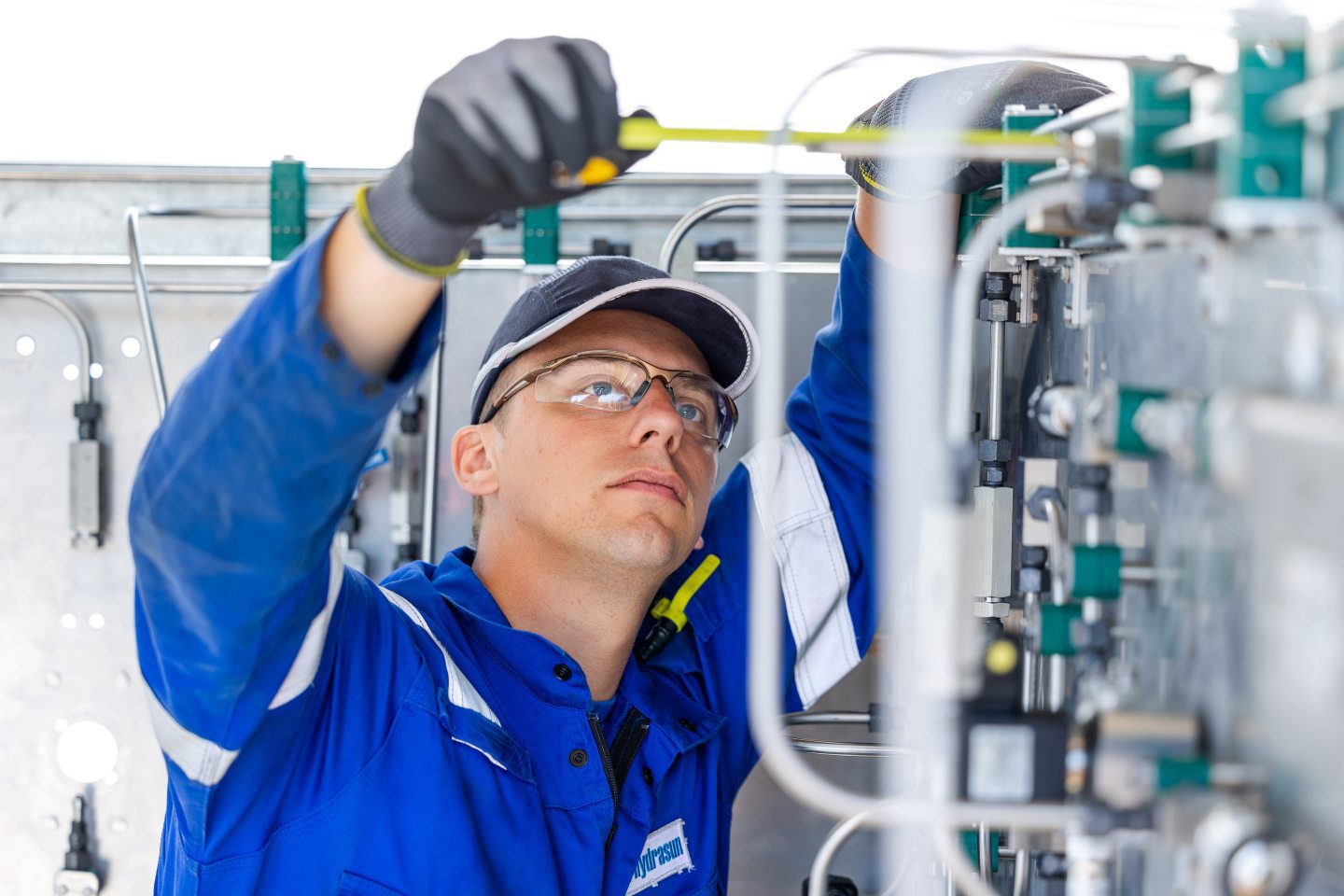 © Supplied by Hydrasun
© Supplied by Hydrasun